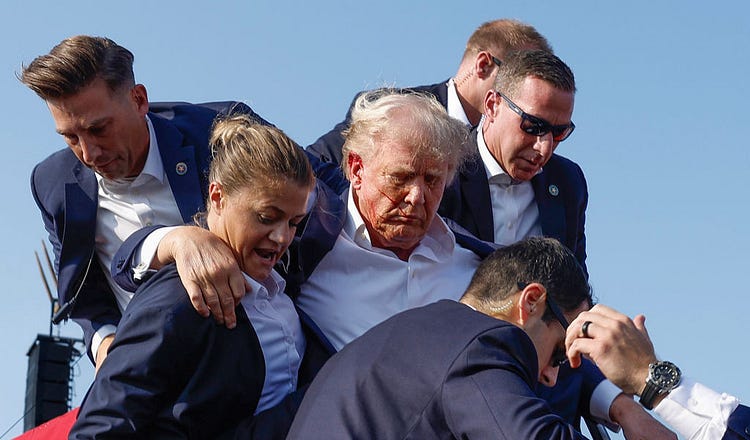The Secret Service Failed. What’s That Have to Do with DEI?

Videos of female agents fumbling after Trump was shot have drawn ire on social media. (Photo by Anna Moneymaker/Getty Images)
Last year, the agency’s director promised it would promote more women. Videos of female agents fumbling after Donald Trump was shot haven’t helped her cause.
217
Questions are being raised about the Secret Service, after it failed to protect former president Donald J. Trump from an assassination attempt. Influential Americans, from lawmakers to commentators, have drawn a link between the almost-catastrophic security breach and the Service’s new DEI policies—specifically, the attempt to increase the number of wom…
Continue Reading The Free Press
To support our journalism, and unlock all of our investigative stories and provocative commentary about the world as it actually is, subscribe below.
$8.33/month
Billed as $100 yearly
$10/month
Billed as $10 monthly
Already have an account?
Sign In

